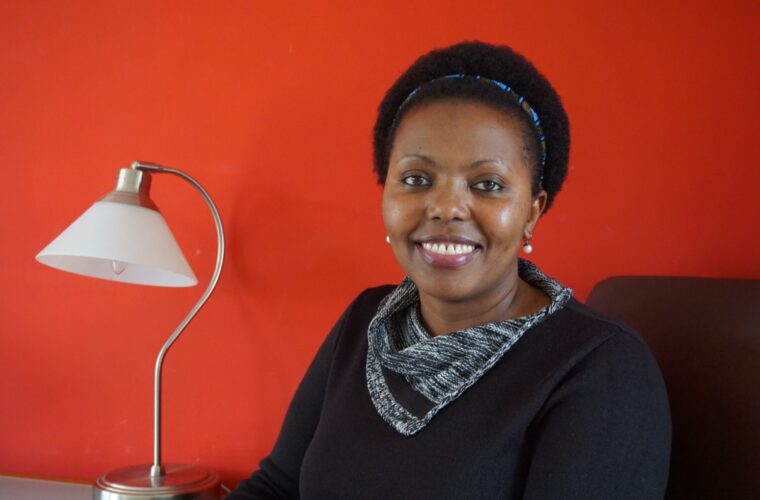What’s Happening with Africa’s Ambitious Great Green Wall Initiative?
The One Forest Summit (1-2 March 2023), co-led by France and Gabon, has pledged to protect forests and biodiversity from the damaging effects of climate change. The summit, which took place in Gabon’s capital, Libreville, announced the ambitious Libreville Plan, which aims to create a roadmap for mapping carbon and biodiversity in tropical forests, producing 10 million jobs linked to the sustainable management of forests by 2030, and contributing half the funds for a €100m project to pay communities to protect forests and ecosystems.
How will these plans play out?
Despite the impressive objectives in the Libreville Plan, the need for more detail on how these initiatives will be achieved or how they fit in with previous commitments is worrying. In particular, the Great Green Wall initiative, led by the African Union, still needs to be completed from the One Planet Summit for Biodiversity held in 2021. The initiative aims to restore 100 million hectares of degraded land in 11 countries south of the Sahara by 2030. While international donors promised to provide most of the project’s budget, financing has been slow, with only one-fifth of degraded land restored and just 350,000 of the promised 10 million jobs created as of 2020.
The Great Green Wall initiative risks losing its pan-African vision and ambition and becoming a network of isolated activities in a relatively small number of countries. The lack of progress is worrying, given that the project is essential to addressing issues such as desertification and climate change in the region. Donors have been quite selective about which countries to invest in, and trust between the African Union and international donors is in short supply.
Addressing the funding issues via the Libreville Plan
The Libreville Plan’s ambitious goals to create 10 million jobs related to sustainable forest management by 2030 could play a vital role in addressing the funding issues of the Great Green Wall initiative. However, without a clear strategy for how the goals of the Libreville Plan will be achieved, it is difficult to evaluate the extent to which they will be successful.
It is, therefore, critical that these initiatives are backed up with very specific plans for implementation and financing. The Great Green Wall initiative is a clear example of the risks associated with unfulfilled promises, and failure to deliver on the Libreville Plan could have equally devastating consequences.

A recap of the two pivotal days
The two-day summit held in Libreville, Gabon, highlighted the need for immediate action to address the biodiversity crisis and climate change. One of the outcomes was the creation of a 100 million euro fund to finance “biodiversity certificates” for “good student” countries that have safeguarded their forests and biodiversity stocks. Another goal was to create 10 million jobs in activities related to sustainable forest management and value chains that benefit local and indigenous communities.
The summit emphasized the importance of scientific research and better data to understand rainforests’ ecological and monetary value in both local and regional contexts. The Republic of Congo plans to host a “Summit of the Three Basins” in June 2023 to increase awareness of forests as a global public good.
High Forest covers, Low Deforestation (HFLD) countries like Gabon, Equatorial Guinea, and the Republic of Congo have extensive, ecologically intact forests and low historical deforestation rates. These countries can benefit from carbon credits and biodiversity certificates, but inherent inequities in the present climate finance architecture create perverse incentives.
Harnessing Indigenous Knowledge for Sustainable Forest Management
The summit also emphasized the role of indigenous people in the conservation and sustainable management of forests. Indigenous lands make up 20% of the planet’s territory and contain 80% of the world’s remaining biodiversity. Indigenous communities, hence, must be part of the conversation and at the decision-making table.
The developed world looks at carbon markets differently, and there is a divide between the Global North and the Global South. HFLD countries carry the load for others, as their carbon footprint is negligible. The summit stressed the need for collaboration and for HFLD countries to take their destiny into their hands and define their understanding of the carbon markets.
Overall, the One Forest Summit’s Libreville Plan is a positive step towards protecting forests and biodiversity. Still, there must be a lot of effort to ensure that it aligns with previous commitments and is backed up by a robust strategy for implementation and financing.
With the clock ticking on the Great Green Wall initiative, efforts must be strengthened to ensure it achieves its objectives and sets the stage for future successes in the fight against climate change.



